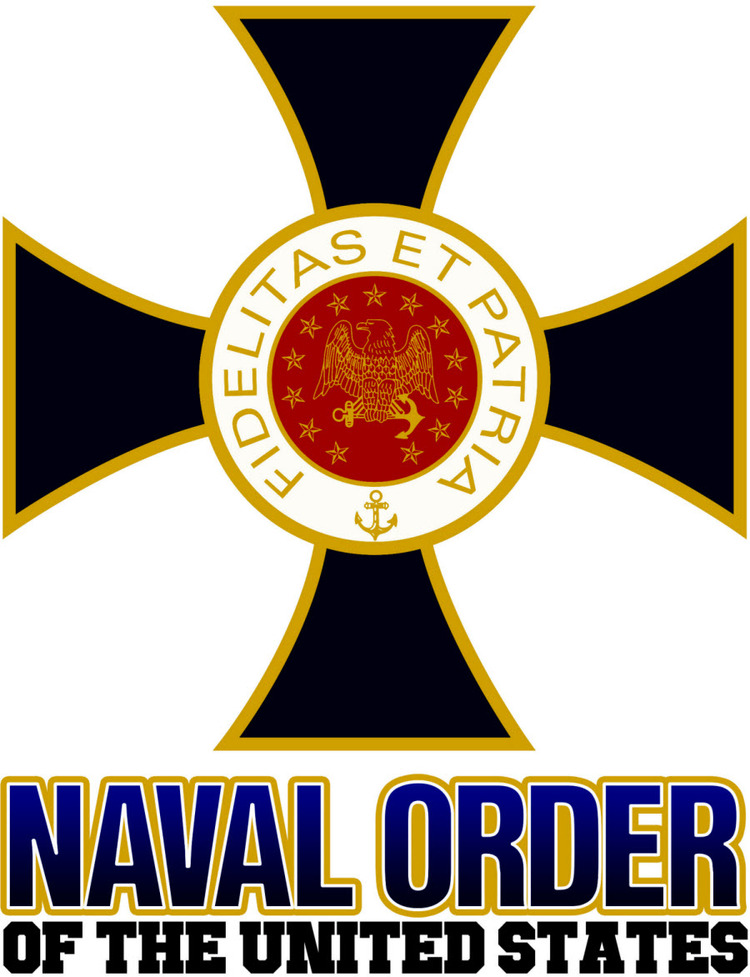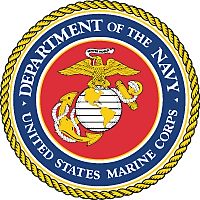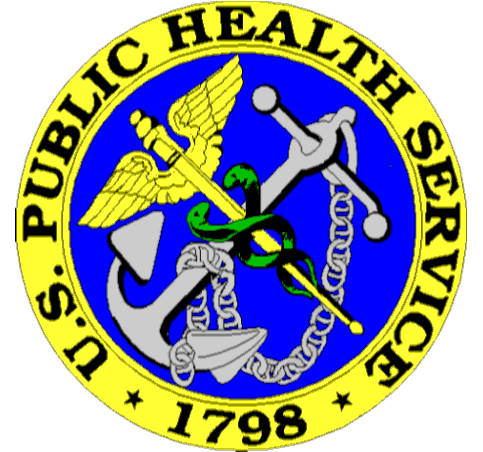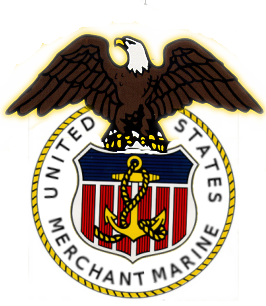On Navy Leadership
by ADM James Robert Hogg, USN (Ret)
ADM James R. Hogg, USN (Ret)
Leadership is as old as human evolution. Methods of application have expanded over the years but the fundamentals have not changed. Aristotle practiced and wrote about leadership in powerful ways. “Leadership is about dealing with fellow citizens where each looks the other in the eye and says, you are part of my future… no matter how this turns out.” This is leadership at the very core. Right to the point, fundamental, persuasive, and a clear commitment. Four key elements of leadership wrapped into one short phrase!
Look your subordinates in the eye and tell them: “You are part of my future and the future of our command. No matter how this turns out, I will stand by you and I expect you to do the same in supporting me and our mission.”
Ensure your people are highly trained. No one gets ready for an emergency in the moment of crisis. The amount and the quality of training that has been conducted regularly for a long period of time determines how well an individual, a team or a ship’s crew will perform in an emergency.
Be perceptive about what is going on around you. Learn from others, especially from those on the ‘deck plates’ level – your sailors. Sailors frequently see the need for change before leaders do, and they will relate their thoughts to leaders they respect.
Lead by positive example. It is very powerful and becomes infectious among your people. It IS the first principle of leadership. There is NO better way!
Leadership is not just what you do when in command. You are a leader the moment you report to your first duty station as a Division Officer or a Watch Officer. As you move up in rank, the scale and level of responsibility increases, yet the basics of leadership are the same.
Combat readiness is paramount. If it is high, we win. If not, we lose. Your people are the most important aspect of combat readiness. Train them well. Keep them motivated. Never lose sight of how they are doing. Finally, understand that your success in the Navy will demand your strong, positive leadership. Applied in the right ways at the right times with consistency!
Everyone will be able to do it, but none will do it in the same way. Leadership expresses the personality of the individual. It’s that simple, and it’s that complex! You will know if you are doing it right when you feel good about it and, over time, you see positive results. This will be one of the most satisfying experiences of your lifetime!
As you mature and advance in rank and responsibility, three things become increasingly important: morality, ethics and your integrity. They are intertwined with leadership. Morality can move you to success, or lack of it to total failure and disgrace. In every person’s brain there is a moral compass, yet too often we tune it out. And in today’s evolving society, the moral compass, intended to always point North, is being replaced with something called ‘moral relativism.’
There have been too many cases of ‘relief for cause’ for morality reasons by leaders, who at times believe they are above authority within their ‘domain.’ For them, over time, ‘command and influence’ come to symbolize ‘power.’ They temporarily lose track of their moral compass and do dumb things – because they can. This is a professional and personal tragedy. We must all recognize that no one is above authority. Even leaders of great nations are accountable, ultimately, to the people they lead. Temptations will be out there, for sure, more frequently as you rise in rank. You need to keep a clear head, and stay tuned to your moral compass.
Develop your own ‘philosophy of life’ for direction and stability. I developed one after a very positive experience as Flag Lieutenant to a Vice Admiral on the waterfront that shaped my career and that I continue to follow today. “Every day, at the end of the day, you are a better person or you are worse. And, it is all up to you!” Short and to the point. Sometimes difficult to follow through on, yet easy to understand and hard to forget. It works for me because it drives me to think about my actions, to take responsibility for them, and to improve upon them. Day – by – day! Everyday.
Command at sea represents everything you have ever aspired to, at the highest levels of individual authority and personal accountability. Always keep in mind, the profession of going to sea is a dangerous business. You will operate in a natural environment that affords little, if any, forgiveness. You have to be capable, professional and vigilant. Stay mentally tough and ready to face difficult situations. You can expect them!
Many of you will engage in direct combat operations at some point during your command tour. You need to stay prepared: mentally, physically, and emotionally. There is much more to be said to officers selected to command-at-sea, but for our purposes it can be all summarized in something I wrote several years ago. A close friend and Naval Academy classmate wrote a book about “Command at Sea” and asked me to provide a paper on Leadership as an appendix. I did, but soon realized it was missing the most important element – an effective way to sum up those responsibilities critical to command in an appropriate format. For me, the only solution was a prayer to conclude the leadership paper: “A Commanding Officer’s Daily Prayer.”
“Lord, I understand, the singular objective for me as a Commanding Officer at sea is the complete readiness of my ship and her ability to win in combat; and, I will always remember that by far the most important element of my ship’s readiness is her crew – officer and enlisted. They are the Navy! There is no alternative. Without them, we are nowhere. It is my responsibility to train them, to prepare them mentally, to take them through arduous operations successfully, and to bring them home safely. Amen”
You have embarked on an honorable career and should often remind yourself of the special meaning that this service entails. Every member of the military across all services – officer and enlisted – has voluntarily sworn under a Constitutional oath to defend the United States against all enemies. No matter how dangerous the mission. Every member is serving our country. Every member is doing something right for our country. And, every member has committed to make the ultimate sacrifice – if necessary – for our country: which is the most honorable of purposes.
Every member is a warrior. Either at the “tip of the spear” or in support of combat operations. And, as our Nation proceeds through global challenges, along with the constant threat of extremism around the world, remember Charles Province’s poem:
It is the warrior, not the minister, who gives us freedom of religion.
It is the warrior, not the reporter, who gives us the freedom of the press.
It is the warrior, not the poet, who gives us the freedom of speech.
It is the warrior, not the campus organizer, who has given us freedom to protest.
It is the warrior, not the lawyer, who has given us the right to a fair trial.
It is the warrior, not the politician, who has given us the right to vote.
It is the warrior who salutes the flag, who serves beneath the flag, and whose coffin is draped by the flag, while allowing protesters to burn our Flag.
Through all this the warrior serves:
Serves the Family.
Serves our Military.
Serves our Country.
And does so selflessly!
May God bless our Nation’s warriors!
Admiral James R. Hogg, USN (Ret) is the Naval Order’s 2019 Admiral of the Navy George Dewey Award recipient. He served in the Navy for 35 years which included 22 years of sea duty and command of the U.S. Seventh Fleet. Admiral Hogg culminated his Navy career as the United States Military Representative to the North Atlantic Treaty Organization Military Committee. He was Director, Chief of Naval Operations Strategic Studies Group for 18 years. Admiral Hogg graduated from the U.S. Naval Academy in 1956.







